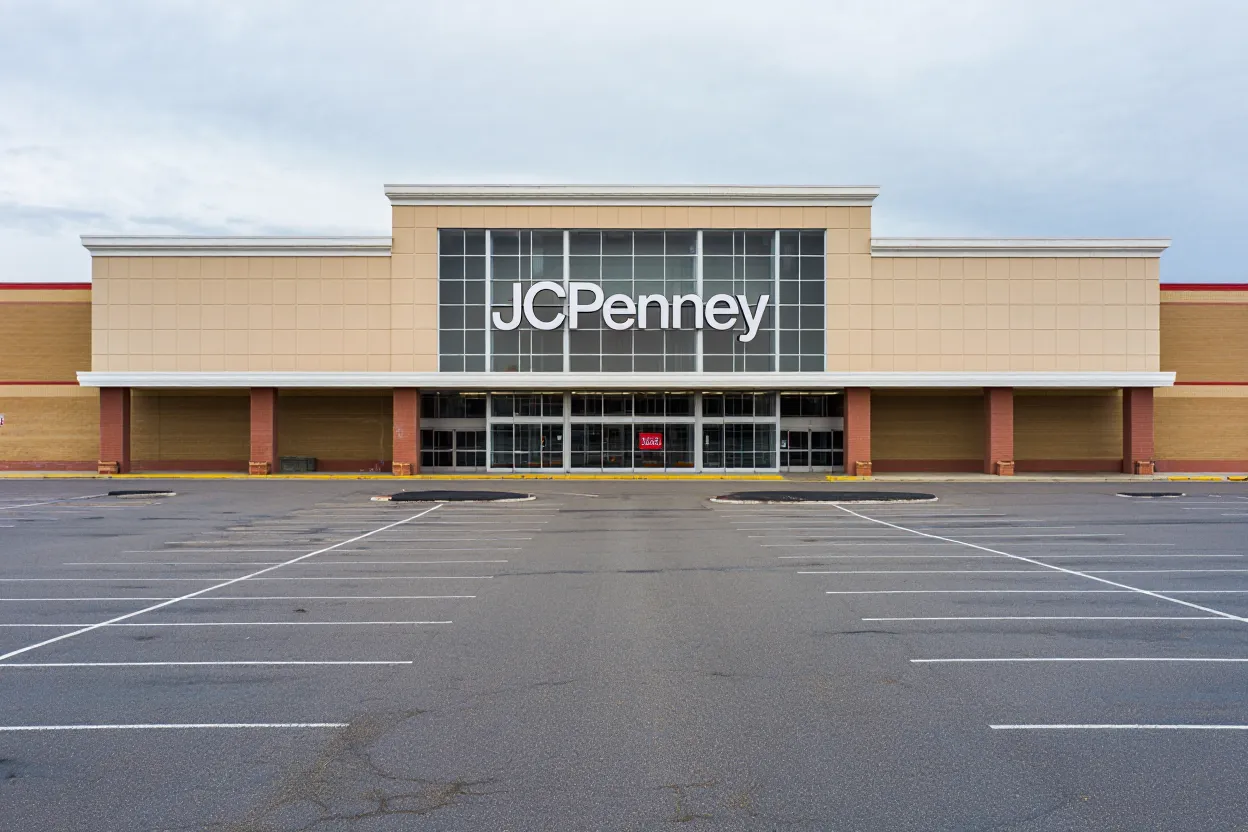- Emerging US cities like Austin, Raleigh-Durham, Pittsburgh, and Denver are solidifying their positions as global tech hubs, according to Colliers’ latest Global Tech Markets report.
- Austin leads the Southwest in tech hiring, bolstered by major corporate expansions, while Pittsburgh boasts the highest tech worker density across the Americas.
- Raleigh-Durham and Denver shine in talent and GDP per worker metrics, showing strong potential for long-term growth despite near-term hiring slowdowns.
- Markets across the Mountain West, including Salt Lake City and Phoenix, are transforming rapidly, thanks to private-public partnerships and shifting corporate strategies.
A New Wave Of Tech Hubs
While legacy tech market powerhouses like San Francisco, Seattle, and New York City maintain their dominance, a second tier of US metros is stepping into the spotlight, reports Commercial Search. Cities such as Austin, Pittsburgh, Raleigh-Durham, and Denver are climbing global rankings, thanks to talent inflows, capital access, and strategic corporate relocations.
Austin Leads With Momentum
Austin’s evolution from scrappy tech outpost to national heavyweight is now backed by hard numbers. With a hiring index of 0.3—just behind Los Angeles—and notable recent moves by Tesla, Oracle, and Apple, the city is becoming a magnet for both companies and talent. Despite a recent dip in venture-backed firms and a slight slowdown in tech migration, Austin remains resilient. The city still posted the fastest growth among the top 30 US tech markets since 2020.
Get Smarter about what matters in CRE
Stay ahead of trends in commercial real estate with CRE Daily – the free newsletter delivering everything you need to start your day in just 5-minutes
Pittsburgh’s Density Advantage
Surprisingly, Pittsburgh now has the highest tech worker density across the Americas. Its talent pool competes with coastal giants, and its capital flow has surged—growing at a 10-year CAGR of 20%. Yet, challenges remain, with companies like Google pulling back office space in the city.
Raleigh-Durham’s Academic Edge
The Research Triangle posted a talent pipeline index of 3.0, on par with New York and Seattle, and ranked third nationally for teaching and research. Apple’s upcoming $1B campus could help lift the city’s relatively low hiring index (1.5), further anchoring its tech future despite rising living costs.
Denver And The Mountain West Rising
Denver matched top markets in workforce metrics and tech GDP per worker. This growth has been boosted by recent Google and Apple expansions in nearby Boulder. The city’s aerospace and defense sectors are also fueling growth, making it a key player in the Mountain West’s tech boom.
Salt Lake City and Phoenix are riding similar waves. Utah’s Silicon Slopes are powered by favorable demographics. Phoenix has transitioned from a back-office hub to a headquarters destination, driven by education-private sector alignment.
Zooming Out
The Bay Area remains the undisputed global leader, but only 16 markets worldwide scored 3.0 or higher in Colliers’ tech hub rankings. In the US, Seattle and New York trail San Francisco, while London and Paris lead in EMEA, and Beijing and Bengaluru top the Asia-Pacific region.
Why It Matters
These emerging US tech markets are shaping the next decade of growth. As companies adopt more strategic, value-aligned location decisions, new markets are gaining ground. Cities with strong talent ecosystems, affordable living, and pro-business policies are emerging as viable alternatives to coastal strongholds.
What’s Next
Expect continued investment in secondary tech metros, especially those demonstrating a blend of academic strength, infrastructure, and livability. As Colliers notes, even amid broader market recalibrations, “success stems from aligning pro-business environments with quality of life and strong public-private partnerships.”
















